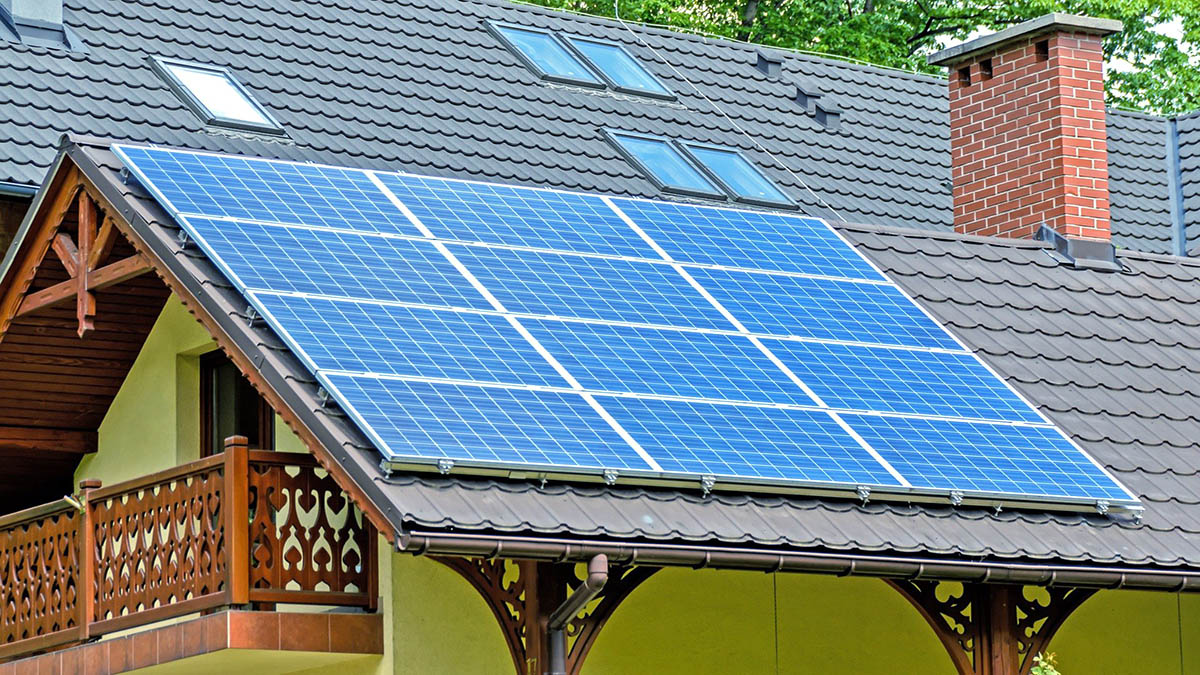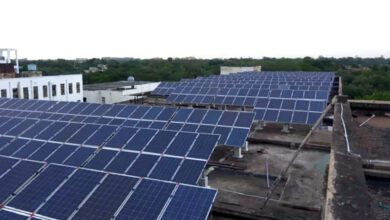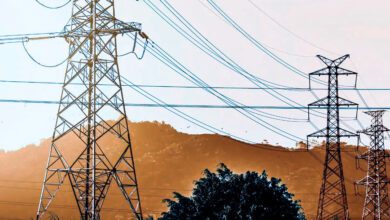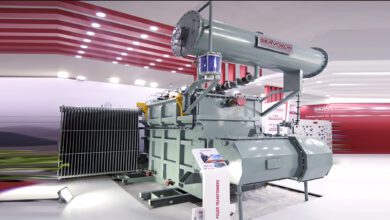While UT administrator VP Singh Badnore had approved Renewable Energy Service Company (RESCO) model for installation of solar plants on rooftops of houses in the city, the Joint Electricity Regulatory Commission (JERC) has asked the administration to first conduct a demand survey for this model.
Recently, the administration had filed a petition before the JERC for seeking commission’s approval for the ambitious project. However, the residents were not coming forward for installation of solar plants because of initial capital investment. Therefore, Chandigarh Renewable Energy and Science & Technology Promotion Society (Crest) had decided to install solar plants under the RESCO model.
Debendra Dalai, director, Crest, said, “the commission has asked for a demand survey for the scheme. Accordingly, the department will seek responses from city residents for the scheme on its website. To start the project in, the power regulatory authority’s permission is mandatory. They had filed a petition before the JERC and after getting commission’s nod they will float tenders to engage firms.”
Under the RESCO model, the UT will rope in private companies where they will install solar plants on private properties. In return, the charges for building owner will be much lesser tariff (Rs 3.44 per unit) for the solar-produced electricity in the tariff bills as compared to normal electricity tariffs (Rs 2.75 to Rs 5.20 per unit). The plant is installed for approximately 15 years ( After tender process, finalisation of details of exact years is sealed). After the installation, the house owner will be given the power plant.
The building owner and private company will sign an agreement. The plant will be installed under net metering mode whereby solarpower system is connected to electrical connection of building owner. The solar energy exported to grid is adjusted in terms of units imported from electricity department during a billing cycle.
Dalai said “the building owner will have to pay Rs 3.44 per unit fixed tariff for 15 years, whereas in the current scenario there is a power tariff hike every year. Besides, a solar plant has a life of around 25 years. This means, after 15 years for next 10 years, building owner will not pay even a single penny for power consumption.”
For the surplus solar energy transferred to the electricity grid, the UT electricity department will pay to the private company as a tariff Rs 3.44 per unit. The company will also maintain the solar system until the agreement period. Under new system, building owners need to give permission to company to use its rooftop for installation of solar plants. The maintenance of plants and collection of subsidies from the government will be the private company’s job.












